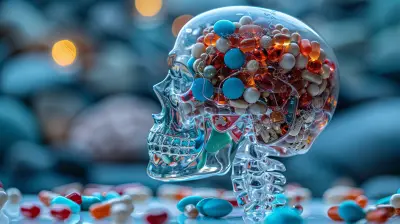The Role of Hydration in Maintaining High Energy
14 September 2025
We’ve all been there — that midday slump where your eyelids start to feel heavy, and no amount of coffee seems to shake off the sluggish fog. You think it's lack of sleep or not enough breakfast, and yeah, those can play a part… but have you ever stopped to think, “Am I just dehydrated?”
Hydration often gets overlooked when we talk about energy. Sure, we know it's important — we've heard it our whole lives: “Drink more water!” But how exactly does staying hydrated connect to how energized we feel throughout the day? The answer, my friend, is a whole lot more interesting (and crucial) than you might think.
Let’s dive deep into the role of hydration in maintaining high energy and why sipping on that water bottle might just be your secret weapon to feeling like your best self.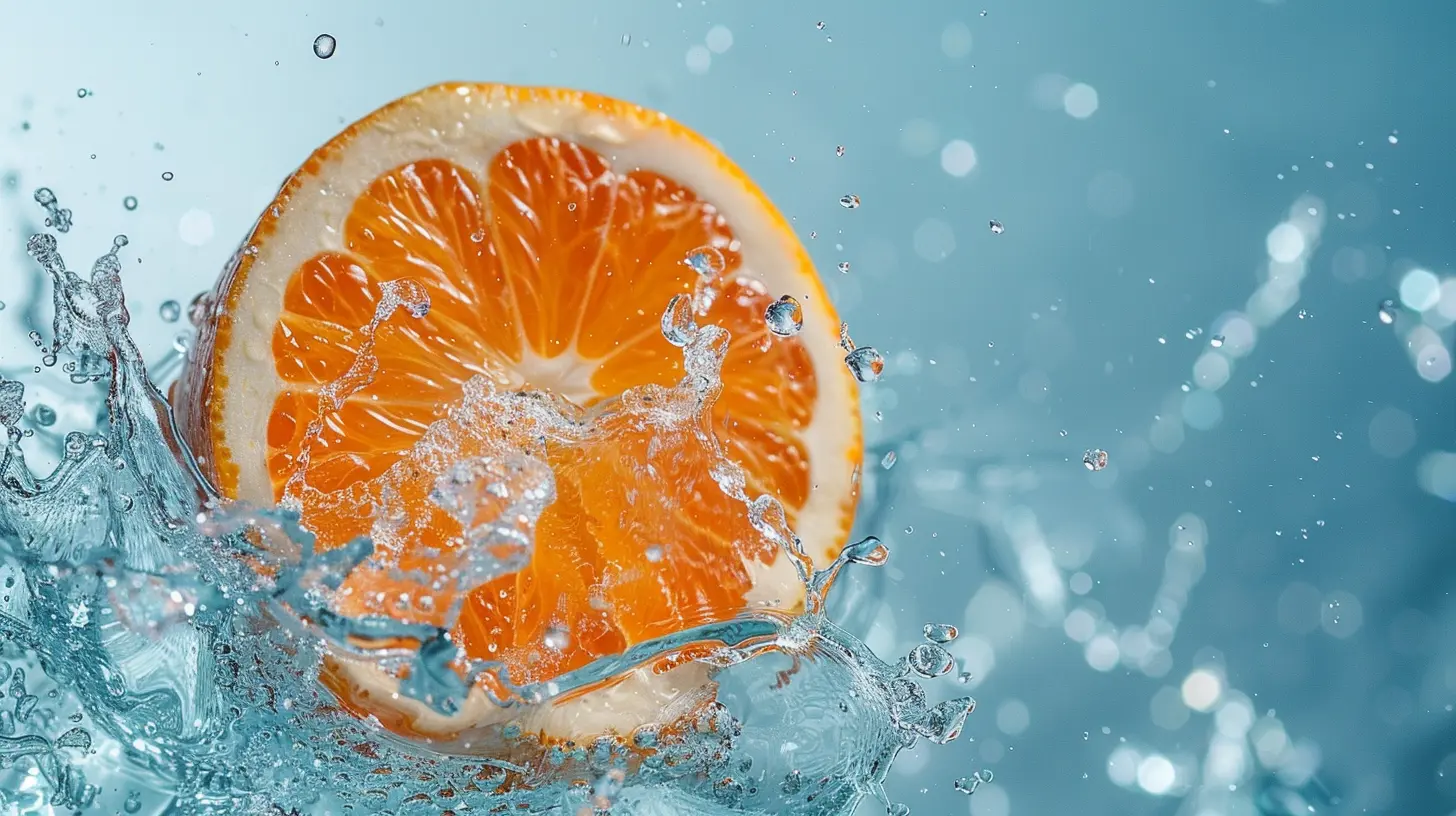
Why Energy Isn’t Just About Calories or Sleep
Before we get into hydration, let's clarify what we mean by “energy.” Most people think of energy in terms of how many hours they've slept or how many calories they’ve eaten. While both are 100% valid factors, energy isn't just about what you put in your body in terms of fuel or rest.Think of your body like a power plant. It not only needs fuel (like calories) but also proper environmental conditions to generate and transmit energy efficiently. And one of the biggest unsung heroes in this process? Water.
When your body doesn’t have enough water, everything slows down — from your circulation system to your brain function. And that slowdown? You feel it as fatigue, irritability, and lack of motivation.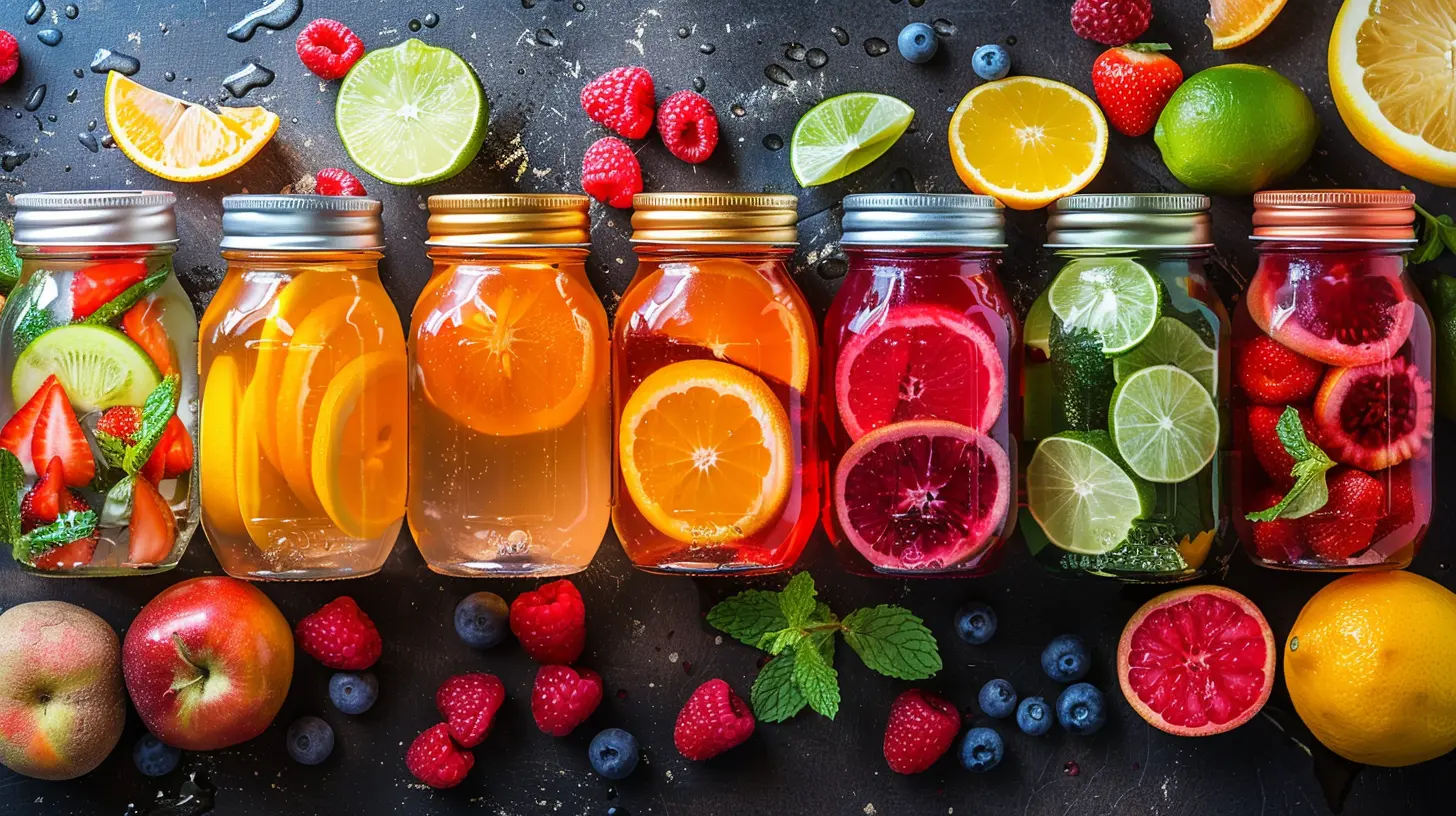
The Link Between Hydration and Energy: It’s All About Chemistry
So, how does hydration actually influence energy on a cellular level?Well, water is involved in nearly every bodily process that keeps you running — and I mean everything. From transporting nutrients and oxygen to regulating temperature, water is doing a lot more behind the scenes than we give it credit for.
Here’s a quick breakdown:
1. Water Fuels Cellular Metabolism
Your body breaks down food into usable energy through chemical reactions — and guess what? Those reactions need water. When you’re dehydrated, your metabolism can slow down, which makes your energy levels drop. No water = sluggish metabolism = low energy. Simple math, right?2. Hydration Affects Oxygen Flow
Water is a key component of blood, and blood carries oxygen to your muscles and brain. When you’re low on fluids, your blood becomes thicker and moves more slowly — kind of like trying to sip a smoothie through a narrow straw. Less oxygen gets where it needs to go, and as a result, you feel tired and foggy.3. Electrolyte Balance and Nerve Function
Hydration isn’t just about water — it’s about a balance of fluids and electrolytes like sodium, potassium, and magnesium. These help with nerve signals and muscle contractions. When that balance is off, you might experience cramps, dizziness, or that drained, woozy feeling. Ever felt totally wiped out after sweating buckets? That’s your electrolytes talking.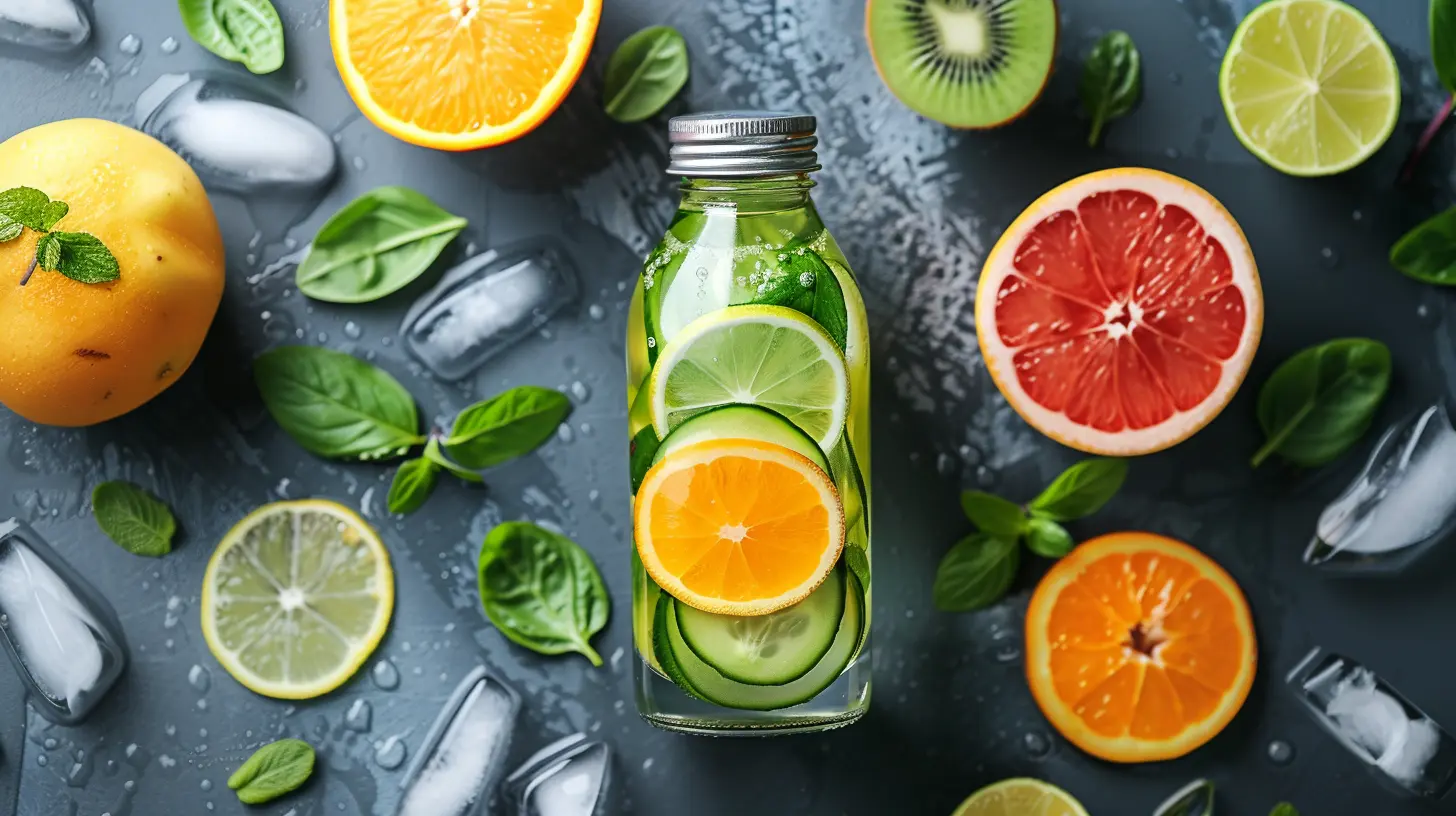
Dehydration Is Sneaky: Signs You’re Running Low
Here’s the wild part — you don’t need to be dying of thirst to be dehydrated. Even a tiny 1-2% loss in body fluid levels can start affecting your energy and brain function.Some common, surprisingly subtle signs of mild dehydration include:
- Feeling tired or sleepy even after a full night’s rest
- Lightheadedness or dizziness during normal activities
- Headaches or difficulty concentrating
- Dry mouth, lips, or skin
- Muscle cramps
- Frequent sugar cravings
- Dark or infrequent urine
If you've been saying, “I just feel off today,” there’s a good chance your body’s whispering: “Help! I’m thirsty!”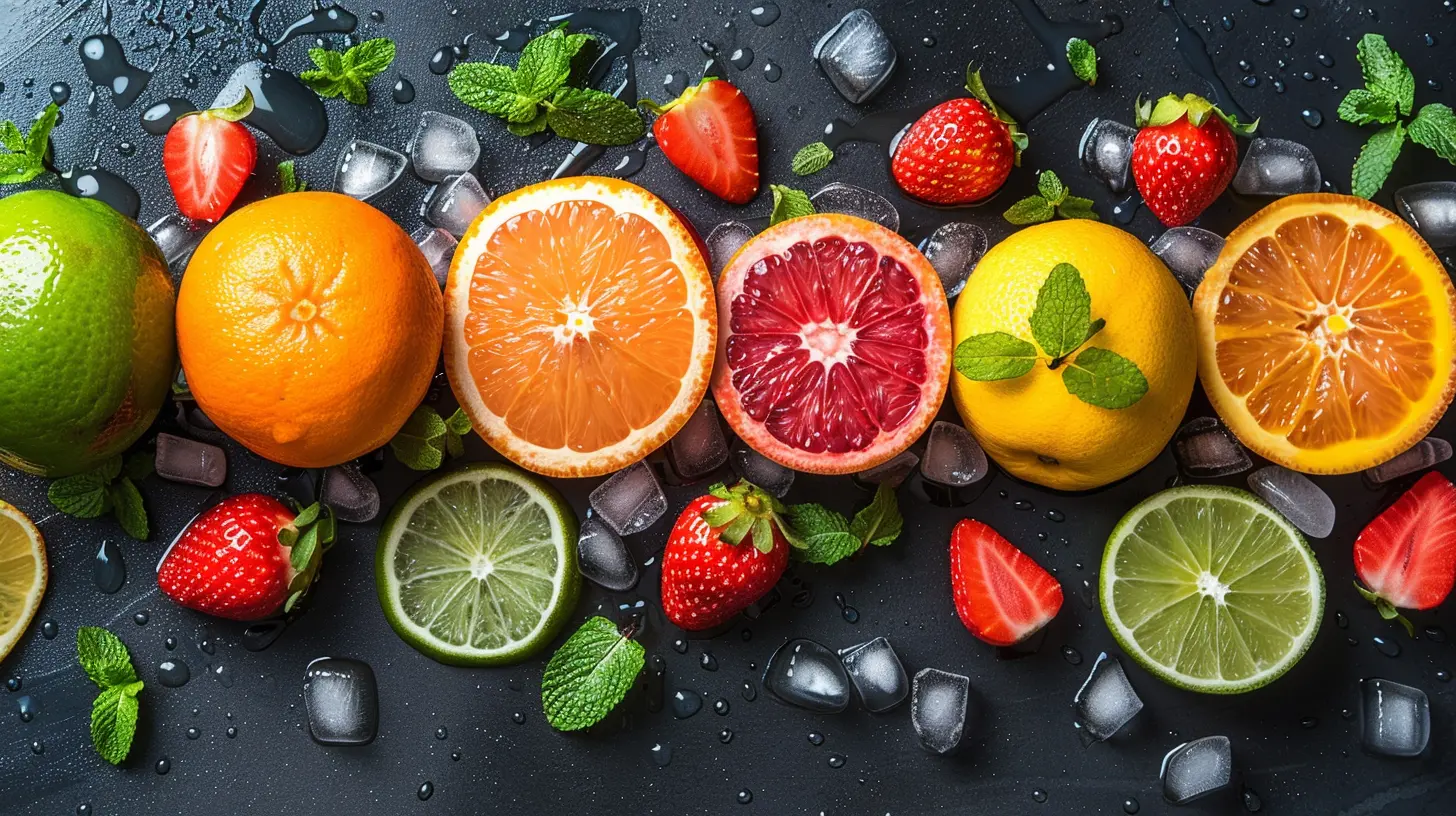
Hydration and the Brain: Focus, Mood, and Motivation
Here’s a fact that might blow your mind — your brain is made up of roughly 75% water. That’s right. It’s practically a water balloon that thinks.So it makes sense that being dehydrated can mess with your mood, memory, and clarity. Studies have actually shown that even mild dehydration can make us more anxious, irritable, and unfocused.
You know those days when everything feels extra hard and annoying for no real reason? Before you spiral, try this: chug a glass of water, take a breath, and wait 10 minutes. You’d be surprised how often your "bad mood" is just your brain gasping for hydration.
How Much Water Do You Really Need?
Ah, the million-dollar question. You've probably heard the “8 glasses a day” rule, but the truth is, hydration needs vary based on your age, activity level, climate, and even the food you eat.A general guideline:
- Men: About 3.7 liters (125 ounces) of total water per day- Women: About 2.7 liters (91 ounces) of total water per day
Keep in mind, “total water” includes all beverages and the water content in food. Fruits and veggies are hydration heroes — think cucumbers, watermelon, oranges, and lettuce.
But don’t overthink it. A better rule is this: if you're thirsty, drink. If your urine is darker than light lemonade, up your intake. If you’re sweating more than usual (hello gym sessions or summer heat), replenish faster.
Easy Ways to Stay Hydrated All Day
You don’t need to walk around hugging a gallon jug of water (unless you want to, no judgment). The key is making hydration a habit, not a chore.Here are some easy strategies:
1. Start Your Day With Water
Make it a ritual. After you wake up, before you hit the coffee, down a glass of water. Your body loses fluids overnight, and your brain will thank you for the boost.2. Flavor It Up
If plain water bores you to tears, try infusing it with lemon, cucumber, mint, or berries. You’ll feel like you’re at a spa… at your desk.3. Use the 20-Minute Rule
Every 20 minutes or so, take a few sips. Set a timer if you have to. It keeps your tank topped up without overwhelming you.4. Eat Your Water
Add more water-rich foods to your diet like melon, zucchini, celery, strawberries, and soups.5. Track With an App or Bottle
There are apps and smart bottles that remind you to drink. Or, just use a marked water bottle that shows your progress — surprisingly satisfying.What About Coffee, Tea, and Other Drinks?
Yep, they count!Contrary to popular belief, moderate amounts of coffee and tea can contribute to your daily fluid intake. The diuretic effect (making you pee more) is mild if you’re used to caffeine. Just don’t rely solely on those — balance them out with good ol’ H2O.
Sports drinks can help if you’re sweating a ton or doing intense exercise, but for everyday use? Water wins. Save the sugar and electrolytes for when you really need them.
Hydration and Exercise: The Energy Connection
If you’ve ever tried to work out while dehydrated, you know it’s no joke. Your stamina crashes, your muscles get tight, and your ability to push through vanishes.Hydration helps regulate body temperature and joint lubrication, prevents muscle fatigue, and delivers nutrients where they’re needed during exercise.
Pro tip:
- Pre-Workout: Drink an extra 16-20 ounces of water a couple of hours before- During Workout: Sip every 15-20 minutes
- Post-Workout: Rehydrate with water — add a pinch of salt or electrolytes if you’re drenched in sweat
The Bottom Line: Want More Energy? Drink More Water
Look, it’s easy to underestimate the simple things. But hydration is one of the most underrated, quickest ways to boost your energy, productivity, and overall well-being.Instead of reaching for energy drinks or that third coffee of the day, try reaching for water first.
So go on, grab a glass. Your brain, your body — and your future high-energy self — will thank you.
Summary: Small Sips, Big Impact
- Hydration plays a direct role in metabolic and brain function- Even mild dehydration can cause a noticeable drop in energy
- Listening to your body and drinking water consistently can improve mood, focus, and stamina
- Coffee and tea count toward hydration — but water should still be your main squeeze
- Make it a habit with small, consistent actions throughout your day
Remember, energy doesn’t always come in a cup or a calorie — sometimes, it comes in a glass of water.
all images in this post were generated using AI tools
Category:
Energy BoostAuthor:

Arthur McKeever
Discussion
rate this article
1 comments
Verity Carey
Hydration plays a crucial role in energy levels, influencing both physical performance and mental clarity. While it's essential to drink enough water, individual needs may vary based on activity, climate, and personal health. Balance is key.
September 17, 2025 at 2:34 AM

Arthur McKeever
Absolutely! Hydration is vital for optimal energy and performance, and it's important to tailor your water intake to your specific needs. Balance is essential for maintaining both physical and mental clarity.

